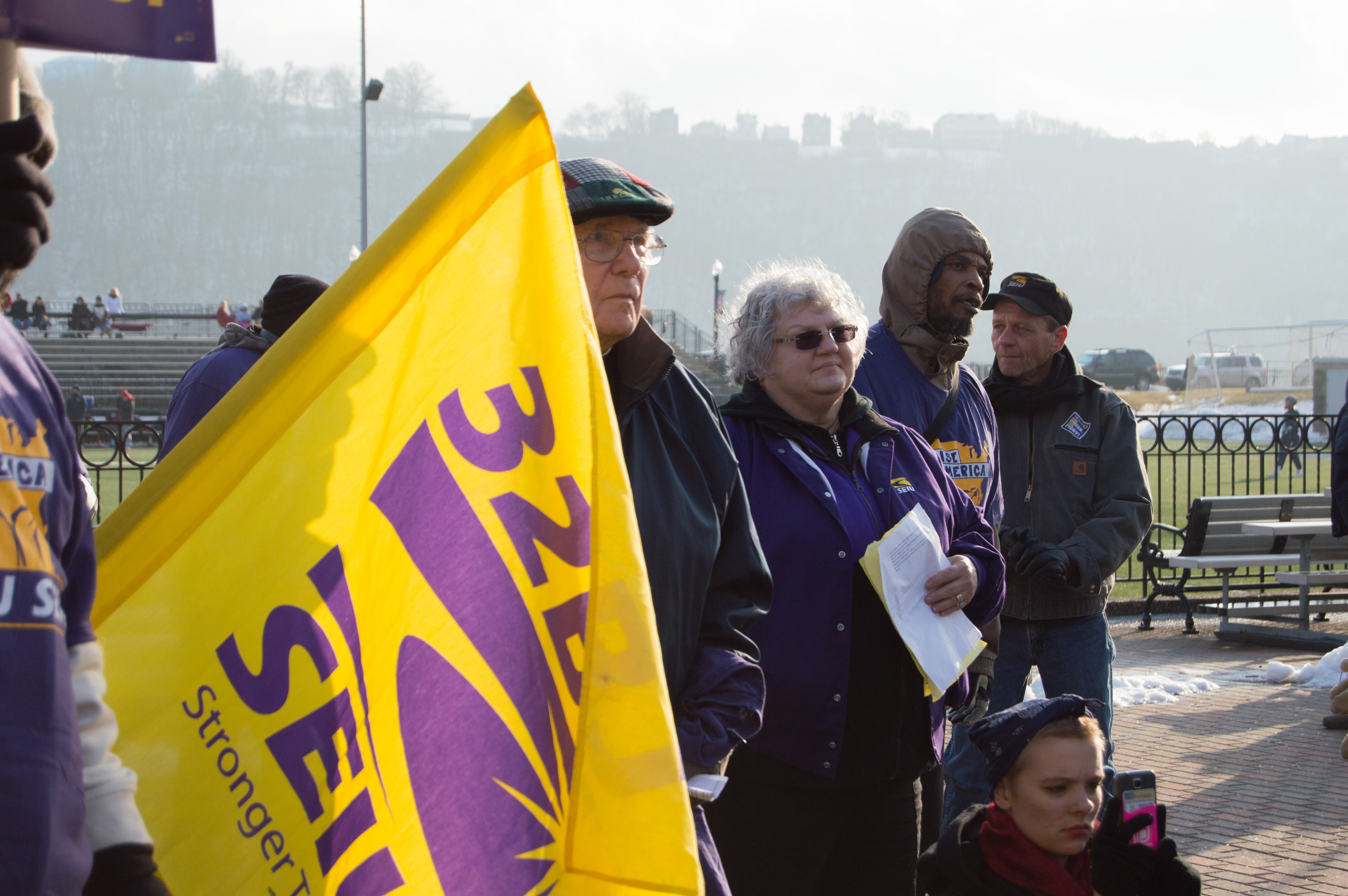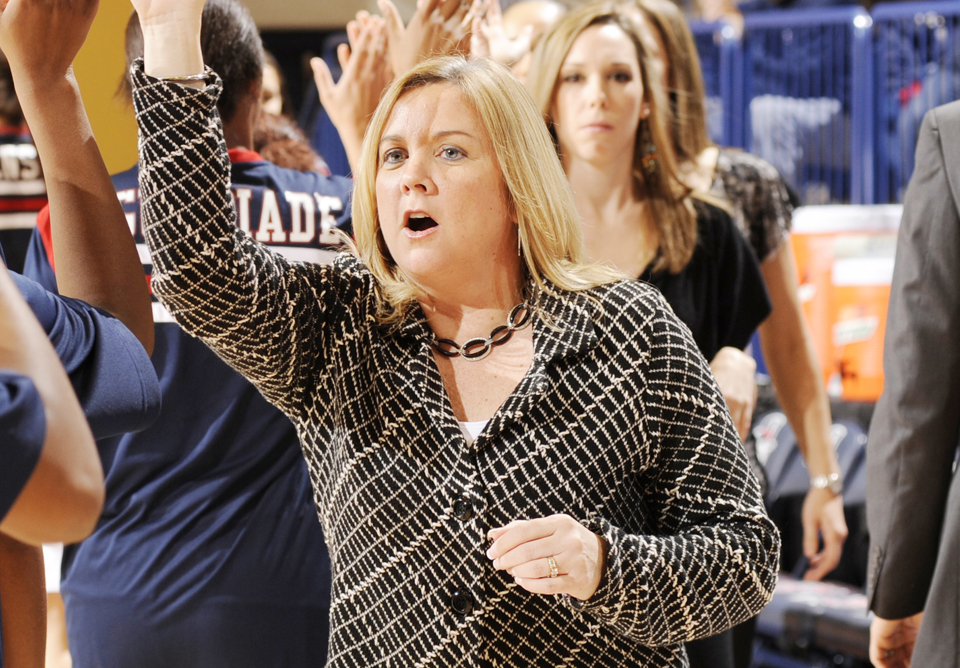
By: Duke Staff
Almost 28 years ago, the Duquesne University Student Government Association shut down The Duke for publishing contraception counseling advertisements through the Family Health Council. While the situation was eventually resolved, it is a good reminder that, as a Catholic university, Duquesne sometimes struggles to balance its religious identity with its place as a multicultural American university campus.
The 1989 shutdown of The Duke was one such instance. Catholicism teaches that any form of contraception, including condoms and birth control pills, “works against the natural gift of fertility,” according to the United States Conference of Catholic Bishops (USCCB). As a campus with women from all different religious backgrounds, it seems likely that a high proportion of female students here use contraceptives. After all, the Center for Disease Control reports that 62 percent of women of childbearing age use some form of contraception. The rate is even higher among Catholic women — 68 percent report using some form of contraceptive. Do those women, who might desire counseling on contraception options, deserve to see advertisements for such services?
Today, we still see areas where Duquesne has to balance its Catholic identity with its cosmopolitan nature, sometimes more successfully than others.
For example, one member of The Duke’s editorial staff has to travel far off campus every month to pick up her birth control prescription — which is needed for a separate medical issue — because Duquesne’s on-campus pharmacy delivery program will not bring it to campus for her.
Duquesne still struggles with its relationship with LGBT students. The Catholic church teaches that “homosexual acts are not in keeping with our being created in God’s image and so degrade and undermine our authentic dignity as human beings,” according to the USCCB. Lambda, Duquesne’s gay-straight alliance, has had a rocky past at the university and was only recently reinstated on campus in 2015.
Despite areas that could still use improvement, Duquesne has often been open to accommodating those of different faiths. The prayer and meditation room in Fisher Hall is often used by Muslim students for daily prayers. The recent Race & Diversity panel discussion in the Power Center Ballroom was a great show of support for Muslim students and professors here. Students can take classes with a focus on world religions, protestantism or even atheism.
As Pope Francis continues to urge all to focus on “loving thy neighbor,” we at The Duke urge the Duquesne community to treat all its members with respect and kindness. And maybe look into that birth control thing — that’s just inconvenient. (Please don’t shut us down for this article.)




